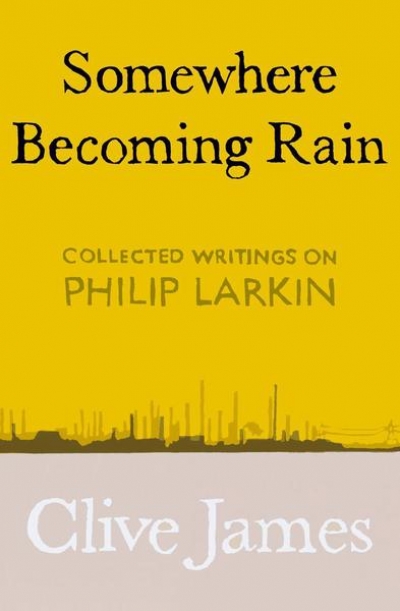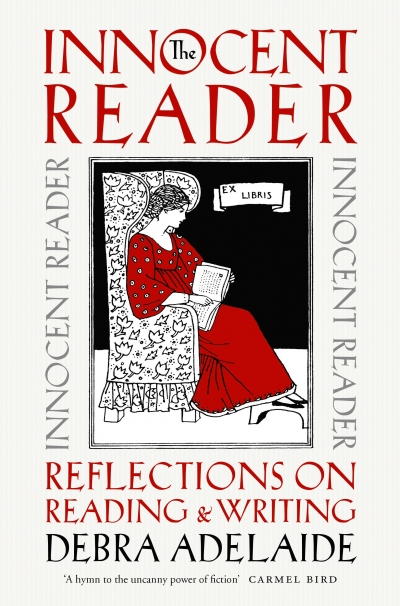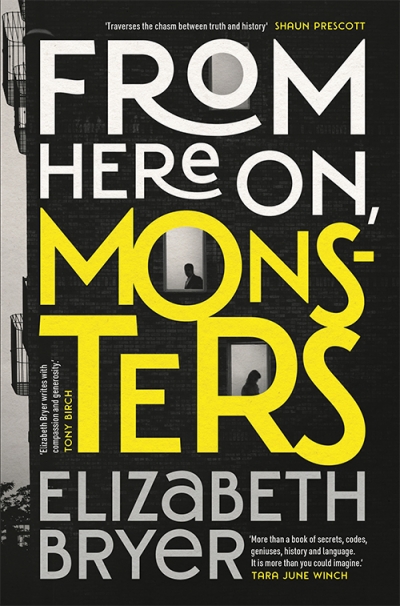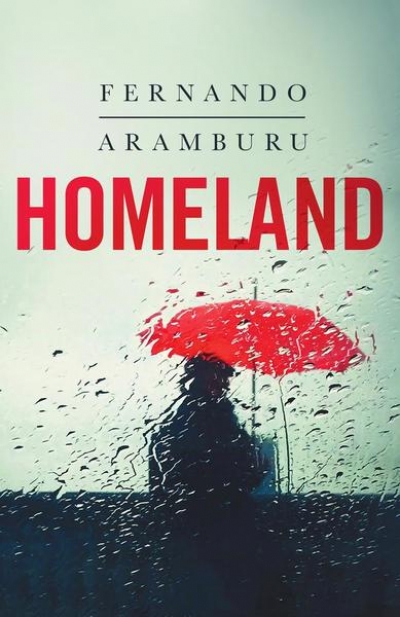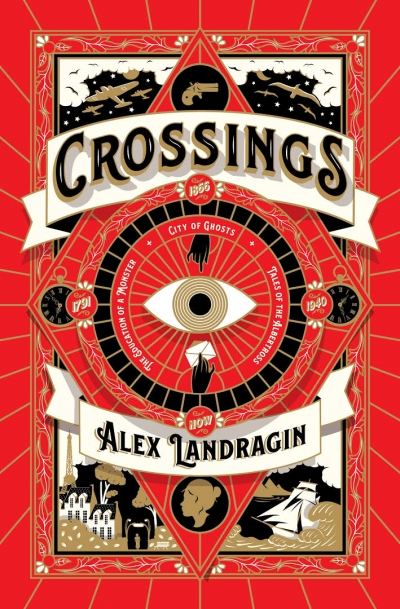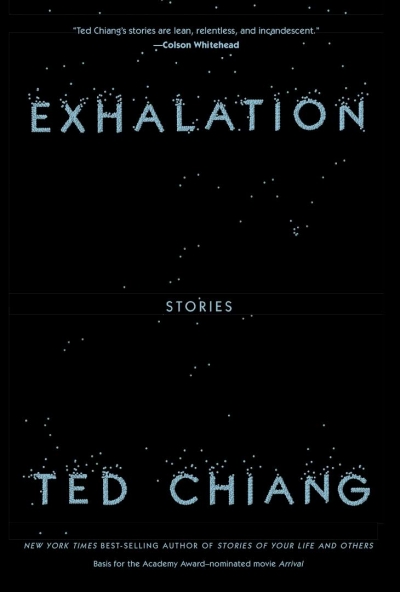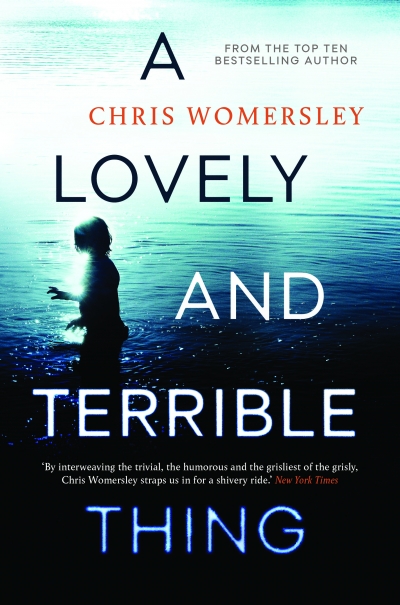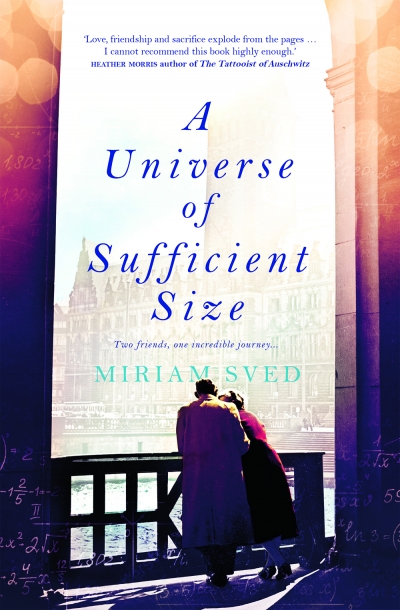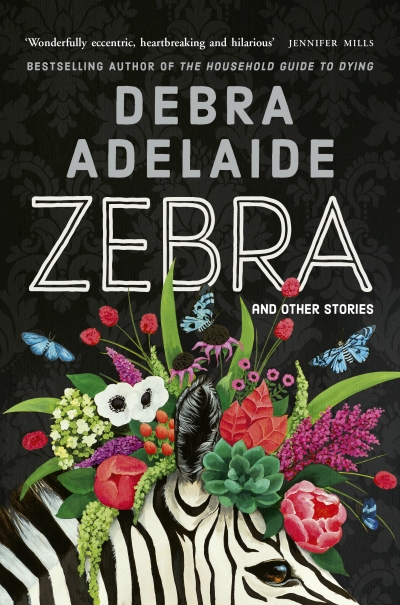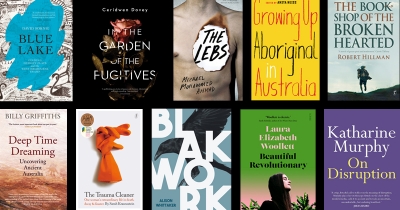Picador
Somewhere Becoming Rain: Collected writings on Philip Larkin by Clive James
by Geoff Page •
The Innocent Reader by Debra Adelaide & Wild About Books by Michael Wilding
by Susan Sheridan •
Homeland by Fernando Aramburu, translated by Alfred MacAdam
by Gabriel García Ochoa •
To complement our ‘Books of the Year’ feature, which appeared in the December 2018 issue, we invited some senior publishers to nominate their favourite books of 2018 – all published by other companies.
... (read more)
